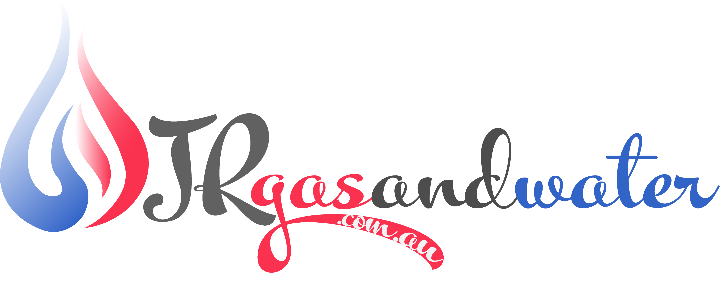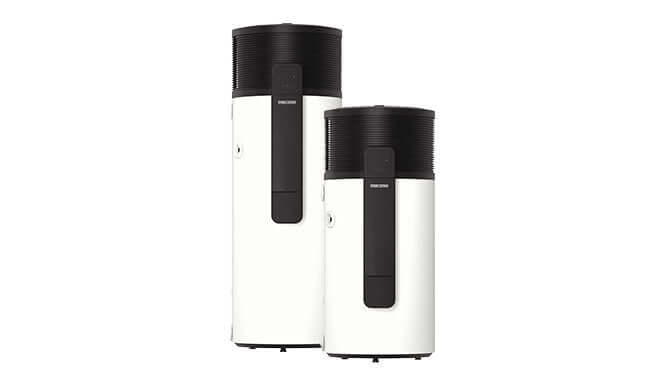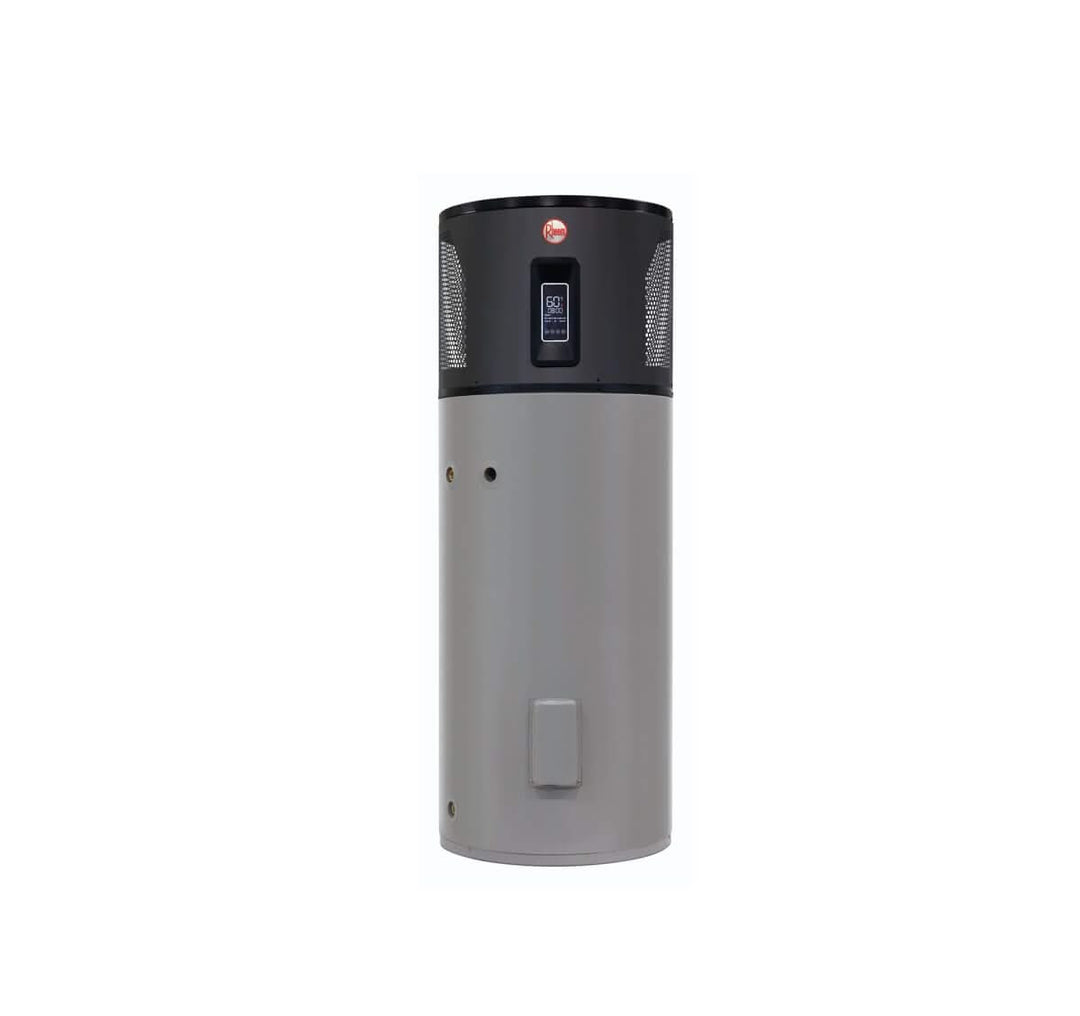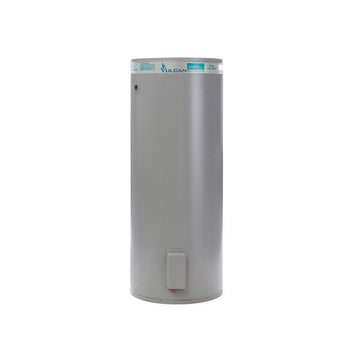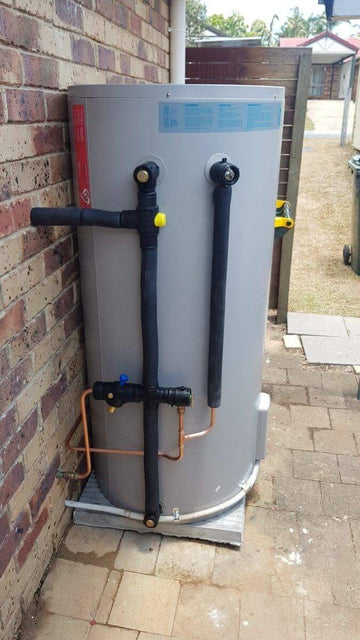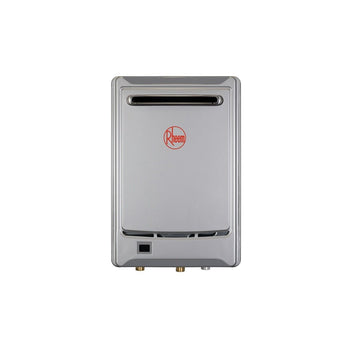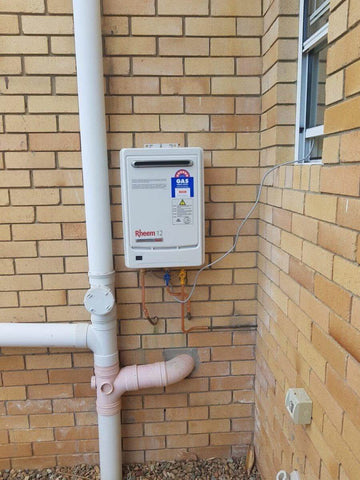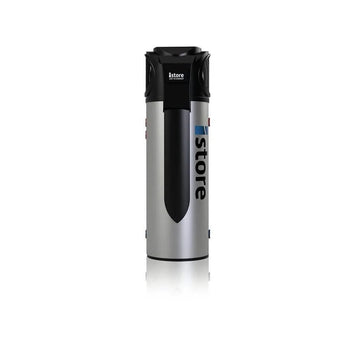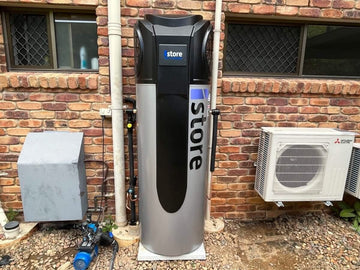15 In-Home Plumbing Maintenance Tips for Homeowners
Plumbing is an essential part of any home, and maintaining it properly can help you avoid costly repairs and prolong the life of your plumbing system. Here are 15 plumbing maintenance tips every homeowner should know:
-
Inspect Pipes Regularly
Regularly inspect pipes for signs of corrosion, leaks, or damage. If you notice any issues, have them repaired as soon as possible to avoid more serious problems. -
Check for Leaks
Check around faucets, toilets, and other plumbing fixtures for leaks. Even small drips waste water and can damage your home over time. -
Keep Drains Clear
Use sink and bathtub strainers to catch hair, food particles, and debris. Avoid pouring grease down the drain to prevent clogs. -
Maintain Proper Water Pressure
Use a water pressure gauge to check your pressure. High water pressure can damage pipes and appliances, while low pressure can affect performance. -
Know Your Main Water Shutoff Valve
Locate your main water shutoff valve and make sure it’s easy to access in an emergency. -
Replace Old Plumbing Fixtures
Older fixtures can leak and waste water. Upgrade to more efficient models to save money and reduce water usage. -
Install Low-Flow Fixtures
Install low-flow showerheads and taps to cut down on your water bill. -
Insulate Pipes
Insulate exposed pipes to prevent freezing and bursting in cold weather. -
Clean and Maintain Water Heaters
Flush your water heater regularly to remove sediment. Test the temperature and pressure relief valve to ensure safe operation. -
Check for Backflow Issues
Backflow can contaminate your water supply. Consider installing a backflow prevention device or having your system tested. -
Watch for Tree Roots in Sewer Lines
Tree roots can clog sewer pipes. If you suspect root intrusion, have your sewer lines inspected and cleared by a professional. -
Avoid Flushing Foreign Objects
Never flush sanitary products, paper towels, grease, or other items that don’t break down in water. These can block pipes and damage your plumbing. -
Know How to Read Your Water Meter
Regularly check your water meter for unusual usage to detect hidden leaks. -
Use a Plumbing Snake Instead of Chemicals
Chemical drain cleaners can damage pipes. Use a plumbing snake or call a professional to remove clogs safely. -
Hire a Professional Plumber When Needed
For major repairs, installations, or maintenance, hire a licensed plumber. This ensures the work is done correctly and safely.
